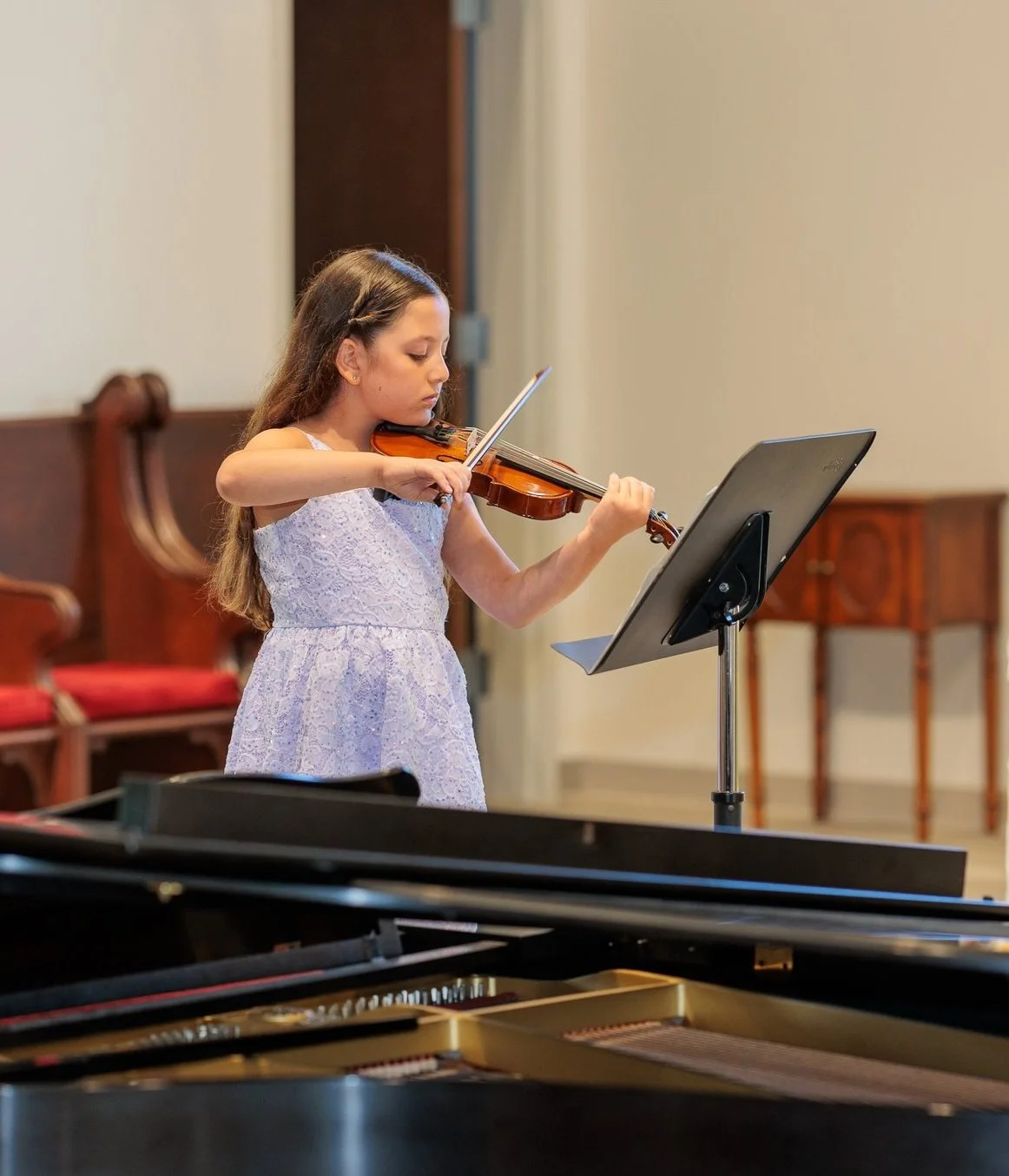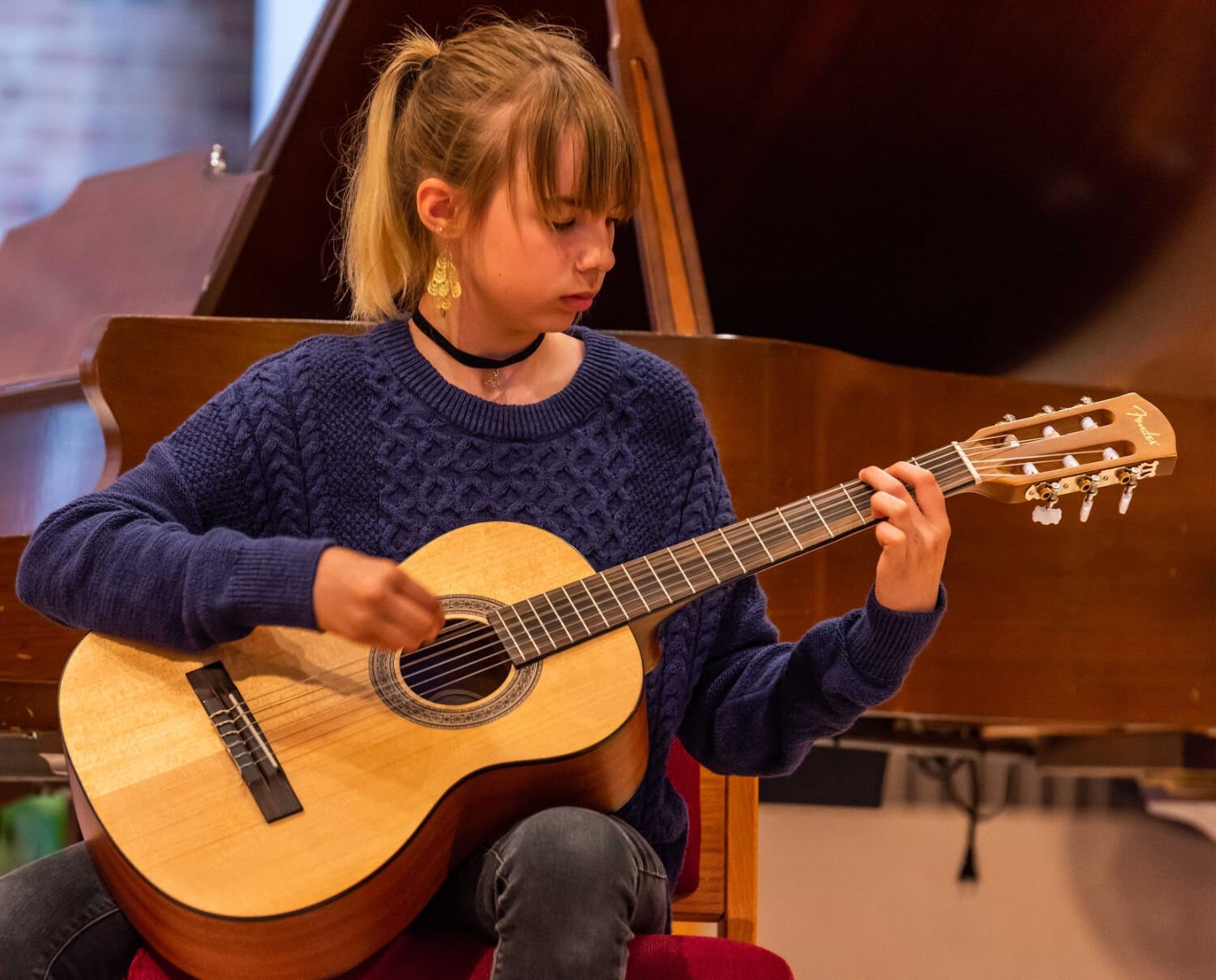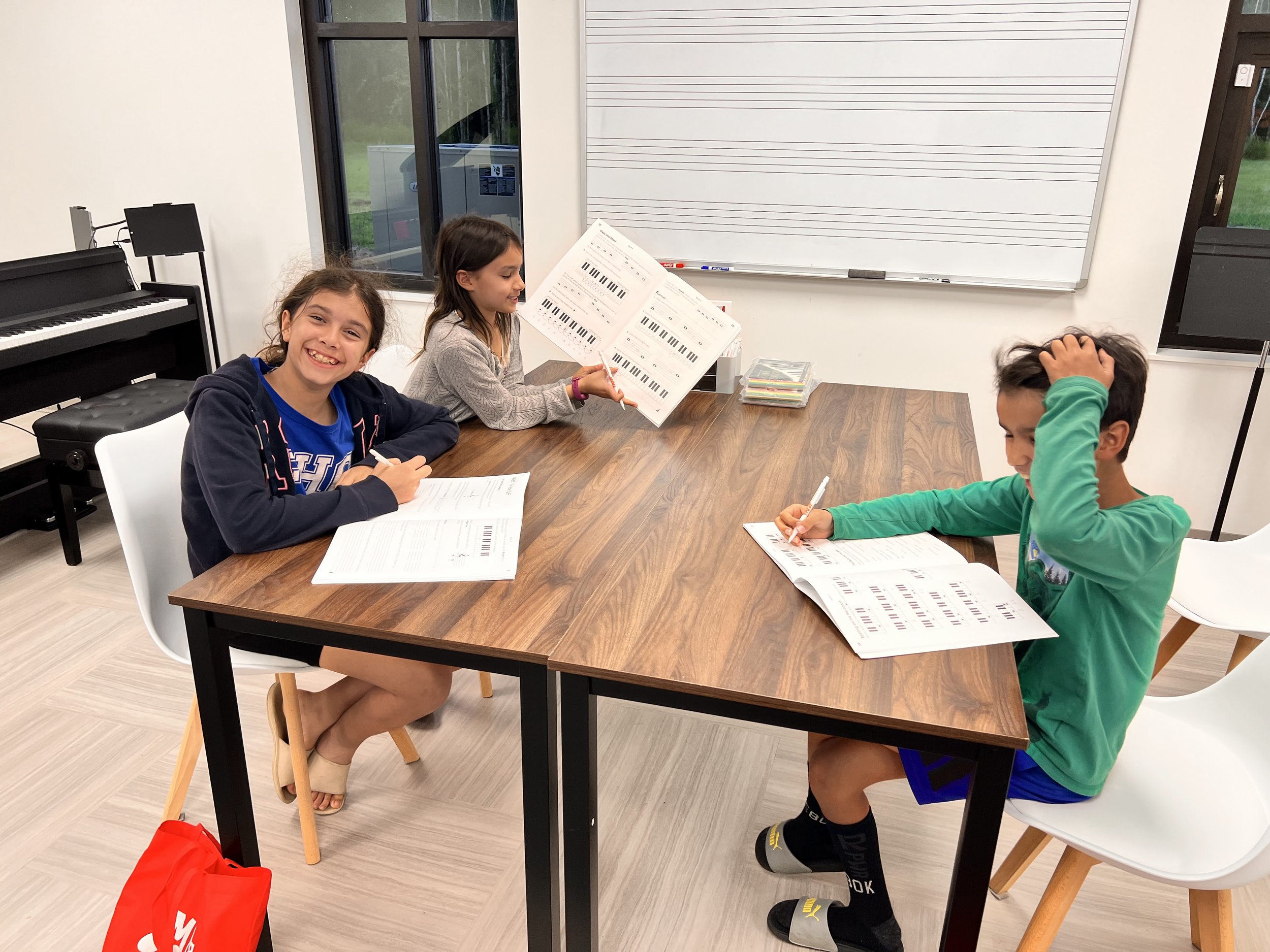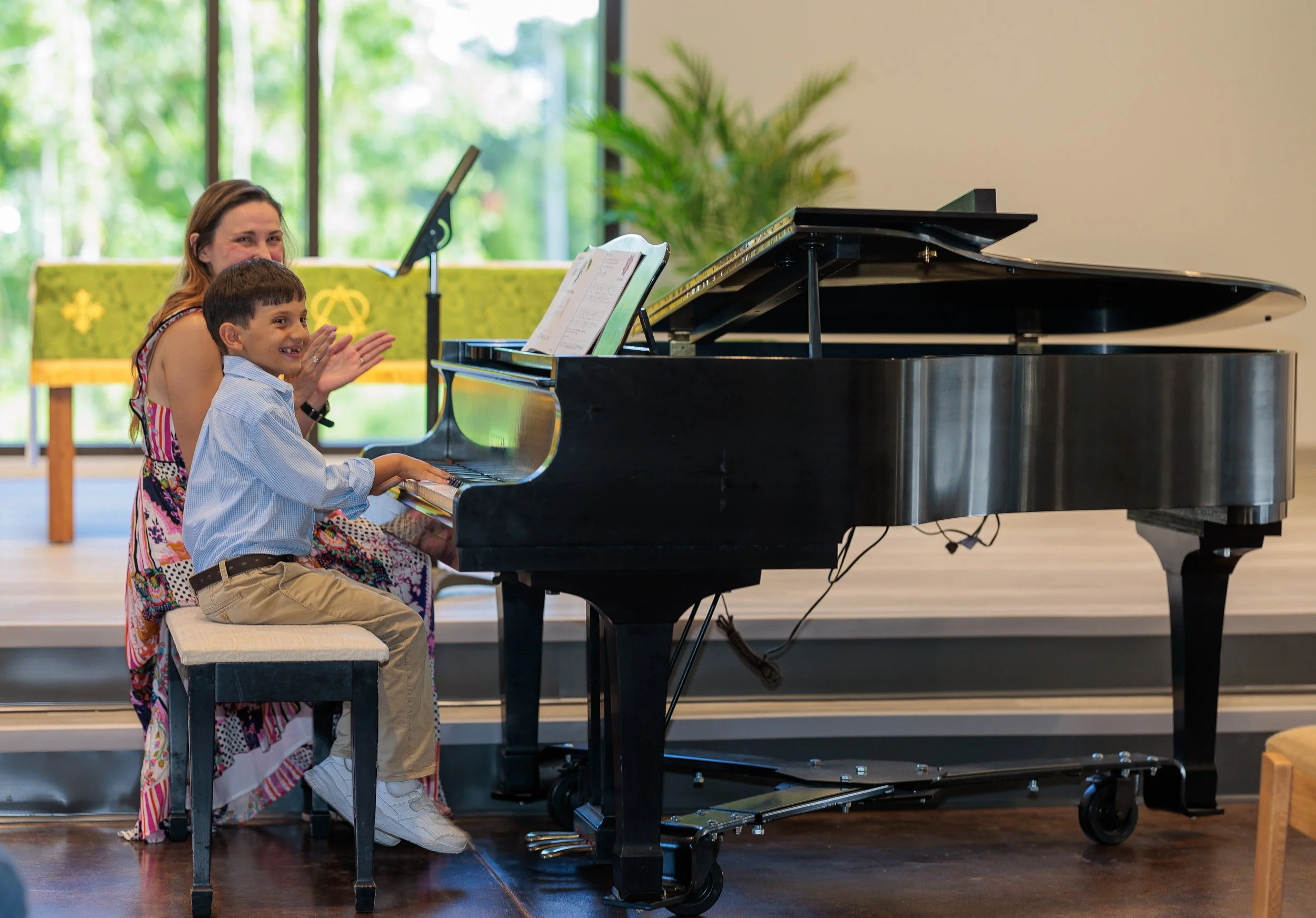How Learning Music Teaches Patience and Resilience: Essential Life Skills for Young Musicians
Learning to play a musical instrument is not just about mastering scales, memorizing pieces, or performing in front of an audience. It’s also about developing important life skills that extend far beyond the music studio. Two of the most valuable qualities that music education fosters in children are patience and resilience—qualities that are crucial for success in all areas of life.
How to Choose the Right Instrument for Your Child: A Parent’s Guide to Music Lessons
Choosing the right musical instrument for your child is an exciting decision, but it can also feel overwhelming. With so many instruments to choose from, how do you know which one will ignite your child’s passion and set them on the path to musical success? Here’s how to get started and help your child discover their ideal instrument.
The Top 10 Common Myths About Learning Music (And Why They're Totally Wrong)
As a parent, you may have thought about signing your child up for music lessons, but perhaps you've hesitated because of some myths you've heard about learning music. In this post, we’re going to bust 10 common myths about learning music and explain why they’re totally wrong—so you can feel more confident about introducing your child to music lessons, no matter their age.
Why Every Child Should Learn an Instrument: 6 Benefits That Go Beyond Music
As a parent, you want the best for your child—activities that nurture their talents, encourage growth, and equip them with the skills they need to succeed in life. One of the most impactful ways to do this is through music education. Learning an instrument isn’t just about mastering a song or playing in a band; it’s about developing skills that will benefit your child academically, emotionally, and socially.




